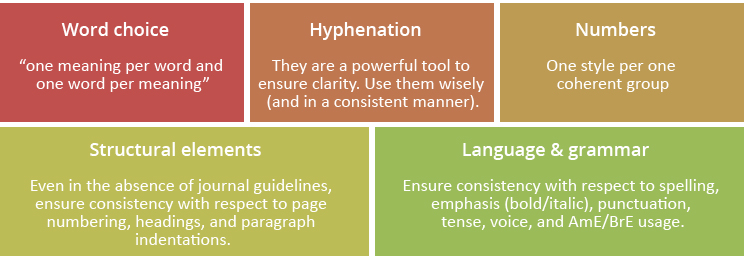Conciseness in Academic Writing: How to Prune Sentences

In academic writing (or in writing in general), wordiness is hardly next to Godliness. Writers often tend to express themselves in a convoluted manner using weak words that fail to have much of an impact. However, concise writing must not be confused with sentences that are staccato or have very few words—it is brought about by words and phrases that are strong and have been deliberately chosen to bring about an impact.
Conciseness, in short, indicates completeness in brevity.
Here are a few ways to ensure conciseness in your writing/edits.

For instance, you need not begin a psychology essay with such obvious information as the following: “Sigmund Freud is one of the most famous psychiatrists of all time.”
Invest proper thought in your intended argument and keep your audience in mind.





